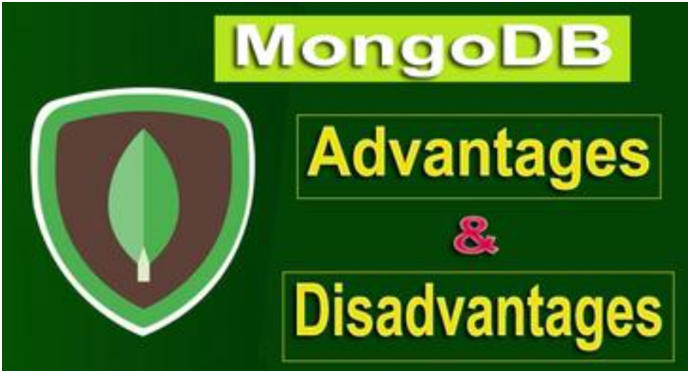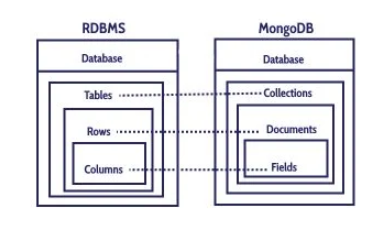
Advantages of MongoDB | Disadvantages of MongoDB
Now that we have seen the features of MongoDB, let’s take a look at MongoDB’s advantages and disadvantages. In other words, it is a non-relational database.
It is therefore good to compare this with RDBMS in order to see if it meets our expectations and where it does not meet them. As we go through the advantages of MongoDB tutorial, we will be looking at some of the main benefits of MongoDB as well as some of its limitations.
Therefore, let’s take a look at some of the advantages and disadvantages of MongoDB.
Advantages Of MongoDB
It is important to note that MongoDB has a lot of great features built into it. There are a lot of benefits to MongoDB when compared to RDBMS, so let us take a look at them.

1.Flexible Database
It is well known that MongoDB is a schema-less database. This means that we can have any type of data in a separate document. As a result of this, we have the ability to store data of different types with ease and flexibility.
2.Sharding
The application can store a large amount of data by distributing it across a number of servers connected to it. If a server is not able to handle such a large amount of data, then there will be no failure condition. In this case, we can use the term “auto-sharding ”.
3.High Speed
There are many features that MongoDB offers, such as replication and gridFS. It is through these features that MongoDB is able to increase the availability of its data. As a result, the performance of the system is very high.
4.Scalability
In addition to the fact that MongoDB is a horizontally scalable database, it has a lot of other advantages as well. It is possible to distribute a large amount of data across several machines when you have to deal with a lot of information.
5.Ad-hoc Query Support
A very advanced feature of MongoDB is its ability to run ad hoc queries on the data. Due to this reason, we do not have to worry about future queries coming up in the near future.
6.Easy Environment Setup
There is no doubt that MongoDB is easier to set up than RDBMS. Additionally, it provides a JavaScript client for querying the system.
7.Full Technical Support
MongoDB Inc. offers professional support to its clients. In case there is a problem, you can directly contact a MongoDB client support system if you need assistance.
Disadvantages Of MongoDB
There is no such thing as a perfect or complete thing. It should be noted that despite the fact that MongoDB has so many advantages, it also has some limitations. Here are some of them that we would like to discuss in more detail.
1.Joins not Supported
The MongoDB database does not support joins like a relational database does. It is still possible to use joins functionality by adding it to the code by manually adding it. In spite of that, it may slow down the execution and have a negative effect on performance.
2.High Memory Usage
In MongoDB, key names are stored for each pair of value values. Due to the lack of join functionality, there is a redundancy of data due to the lack of join functionality. There is an increase in unnecessary memory usage as a result of this.
3.Limited Data Size
It is possible to have a document size of up to 16MB.
4.Limited Nesting
It is not possible to nest documents for more than 100 levels in a single document.



